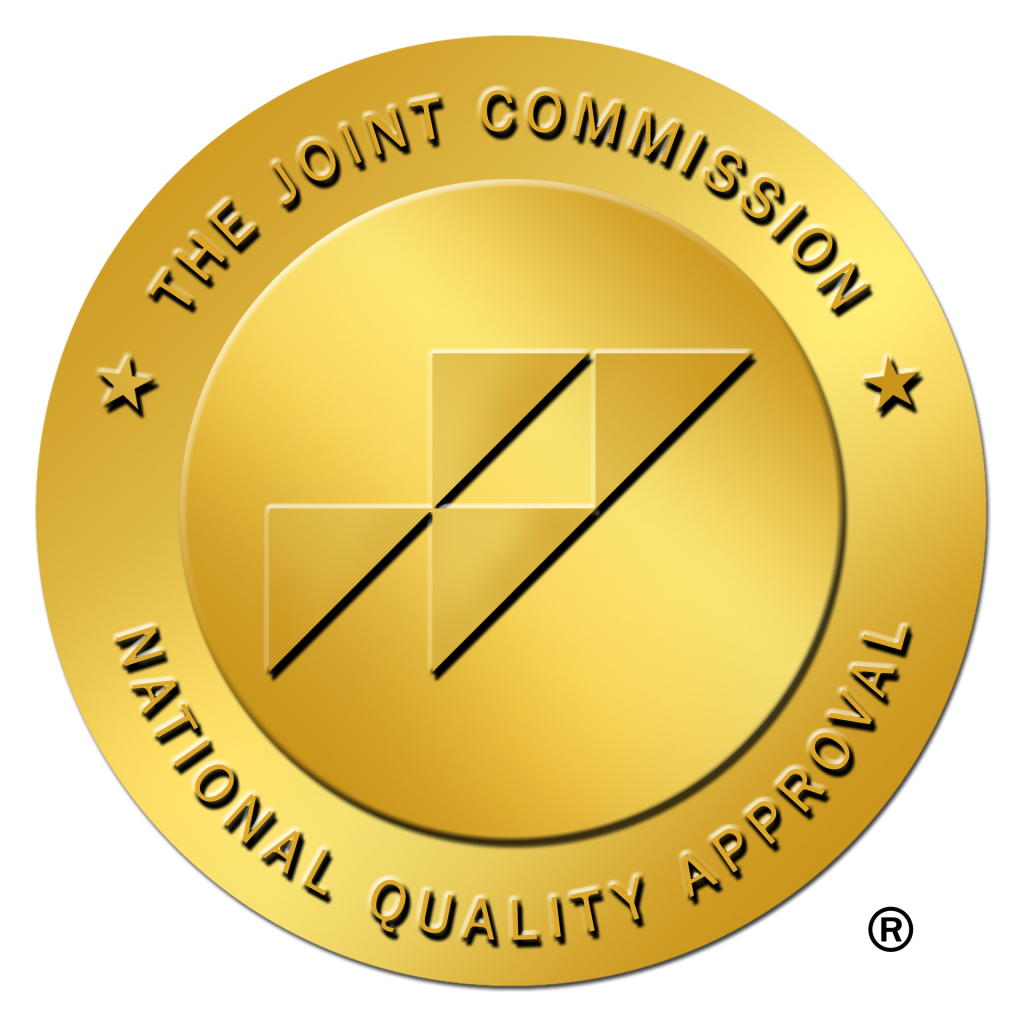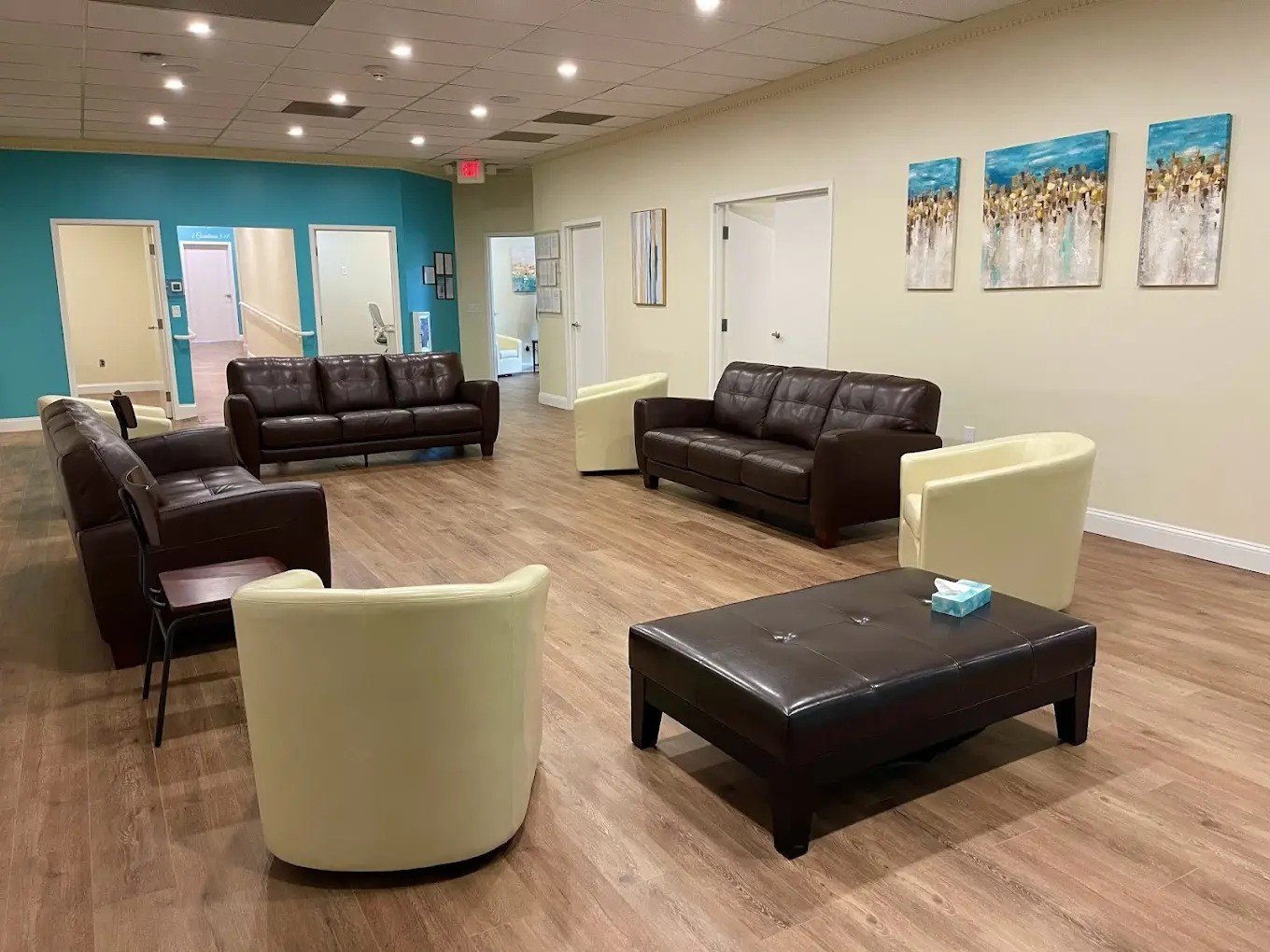Iop Addiction Treatment Nj
Exploring the IOP Path
When it comes to addressing addiction without the need for inpatient hospitalization, Intensive Outpatient Programs (IOP) have emerged as a viable choice for many. In New Jersey, the availability of such programs is crucial given the state’s diverse population and varying needs. These programs don’t require individuals to put their personal and professional lives on hold but instead integrate treatment within the context of their everyday responsibilities.
At New Chapter Recovery, located in Parsippany-Troy Hills, the IOP plays a central role in treating a wide array of substance use disorders. The emphasis here is on flexibility, allowing individuals to manage their recovery journey while maintaining their daily obligations.
What Makes IOP Effective?
IOPs offer a structured and supportive treatment environment tailored to those who need more than standard outpatient care but less than full hospitalization. The balance achieved through these programs allows participants to connect with therapy sessions without the need to disengage from work, school, or familial responsibilities. This structure ensures that recovery does not occur in isolation but is rather integrated into the fabric of the individual’s life.
New Chapter Recovery’s approach revolves around evidence-based therapies closely aligned with personalized treatment plans. This method not only meets the clinical needs of the patients but also accommodates their social and logistical challenges. The flexibility to attend sessions during evenings or weekends further underscores the program’s adaptability.
Innovative Approaches at New Chapter Recovery
New Chapter Recovery’s IOP is distinctive due to its range of specialty tracks, which includes animal-assisted therapy, veterans treatment, and faith-based recovery options. These programs are designed to address the unique needs and preferences of each participant, recognizing that a one-size-fits-all approach is rarely effective in addiction treatment.
An emphasis on dual diagnosis is another cornerstone of the program. Many individuals struggling with addiction also face co-occurring mental health disorders. By adopting trauma-informed clinical practices, New Chapter Recovery ensures that both the symptoms and root causes of addiction are treated simultaneously, leading to more sustainable recovery outcomes.
A Day in the Life of an IOP Participant
For those enrolled in an IOP, their day typically starts much like any other, with responsibilities such as work or family being the focus. After fulfilling these commitments, participants may head to New Chapter Recovery for an evening therapy session. These sessions include group therapy, where shared experiences foster a sense of community and can significantly bolster emotional resilience.
Participants in the New Chapter Recovery IOP can expect sessions to be dynamic, incorporating therapeutic modalities such as Cognitive Behavioral Therapy (CBT) and Dialectical Behavior Therapy (DBT). The use of Motivational Interviewing and Acceptance and Commitment Therapy (ACT) also plays a pivotal role in helping individuals adopt new ways of thinking and behaving.
Flexibility is key for those balancing recovery with personal duties. The option to return home to loved ones each night is invaluable, offering continuity and support that inpatient care cannot provide. This accessibility helps reduce the stigma often associated with addiction treatment, normalizing recovery as a part of life rather than a departure from it.
The Role of Family in IOP
Family involvement is a critical component of the IOP at New Chapter Recovery. The support of loved ones not only offers emotional sustenance but also serves as a cornerstone for accountability and encouragement throughout the recovery process. Families are encouraged to participate in therapy sessions and educational workshops that highlight the dynamics of addiction and recovery.
These family-centered initiatives not only educate but also empower families, converting them into active participants in their loved one’s journey. Communication strategies, coping mechanisms, and relapse prevention techniques are just a few of the tools offered to families as part of this integrative approach.
It’s recognized that addiction affects everyone, not just the individual struggling with the substance use disorder. Therefore, fostering an environment where open and constructive dialogue can occur is vital for healing familial relationships and fortifying long-term recovery.
Dual Diagnosis Treatment
One of the defining features of the IOP at New Chapter Recovery is its robust dual diagnosis treatment framework. This approach is essential for those who are managing both addiction and co-existing mental health disorders, such as depression or anxiety. The complexities of dual diagnosis require a nuanced and comprehensive treatment strategy to ensure both conditions are addressed in tandem rather than in isolation.
This aspect of the program is particularly beneficial for those who have found that untreated mental health disorders exacerbate their addiction issues. By offering a combination of psychiatric care and addiction counseling, New Chapter Recovery ensures that individuals receive holistic support tailored to their specific needs.
Individualized Treatment Plans
At New Chapter Recovery, no two treatment plans are the same. Each is meticulously crafted to align with the specific needs, challenges, and goals of the individual. This personalized approach takes into account factors such as the type of substance use disorder, the presence of any mental health conditions, and personal life circumstances.
This level of customization ensures that the IOP is as effective and relevant as possible, giving individuals the best chance at a successful recovery. Consistent monitoring and adjustments to the treatment plans help accommodate changes in the patient’s recovery journey, making it possible to navigate the often unpredictable path of sobriety.
The Impact of Specialty Tracks
Specialty tracks at New Chapter Recovery have a significant impact on treatment outcomes by catering to specific demographics and needs. For instance, the veteran’s treatment program is designed to address challenges related to military service, including PTSD. Such targeted interventions can significantly enhance engagement and effectiveness.
Similarly, faith-based recovery offers a pathway for those who wish to incorporate their spiritual beliefs into the process of overcoming addiction. This integration of personal values and treatment can foster a more profound and meaningful recovery experience.
These specialty tracks are not merely augmentations of the core program but integral components that reflect a commitment to treating the whole person, not just the symptoms of addiction.
Animal-assisted therapy, another facet of New Chapter Recovery’s offerings, showcases the innovative approaches in modern addiction care. Interactions with animals have been shown to reduce stress and anxiety, providing comfort and stability during the challenging phases of recovery.
Ongoing Support and Aftercare
Completing an IOP is a significant milestone, but recovery is an ongoing journey. New Chapter Recovery emphasizes the importance of continuous support and aftercare, recognizing that sustainable sobriety requires ongoing attention and effort. Transitioning to Outpatient Programs (OP) for step-down care allows individuals to continue receiving support while gradually returning to everyday life.
Alumni programs and regular check-ins are part of this comprehensive aftercare strategy, ensuring graduates maintain their connection to a supportive community. These services help mitigate the risk of relapse by reinforcing the tools and strategies learned during the IOP.
Coordination with community resources provides a seamless integration back into society, reinforcing personal and professional growth without the looming threat of relapse. Through tailored follow-up plans, New Chapter Recovery remains a steadfast ally in the journey beyond addiction.
Integration with Community and Professional Life
For many individuals in recovery, reintegration into community and professional life is a critical aspect of their journey. The IOP at New Chapter Recovery recognizes the importance of maintaining social and professional networks and provides the tools necessary to rebuild these connections.
Programs are designed with an understanding that successful recovery often involves redefining one’s role within their community. By focusing on balance and support, New Chapter Recovery helps clients manage their responsibilities without compromising their health and well-being.
Conclusion
New Chapter Recovery in Parsippany-Troy Hills exemplifies the potential of IOPs in New Jersey to transform lives. With its comprehensive, individualized, and flexible approach, it offers a lifeline to those navigating the challenges of addiction. By incorporating a range of therapeutic modalities and specialty tracks, it ensures that recovery is a realistic and achievable goal for anyone seeking help.
What is Intensive Outpatient Treatment and How Does It Differ From Other Forms of Addiction Treatment?
Intensive Outpatient Treatment (IOP) serves as a middle ground between standard outpatient programs and residential treatment. It’s designed for individuals who require more than weekly therapy sessions but don’t need 24/7 supervision. For instance, imagine someone managing their addiction while maintaining a full-time job; the flexibility of IOP allows them to receive structured therapy during evenings or weekends. This model integrates recovery into their daily lives, helping to maintain connections with work and family. Research from institutions like the National Institute on Drug Abuse suggests that the success of such programs lies in their flexibility and personalized approach. Have you considered how an IOP might fit into your own lifestyle adjustments?
How Does New Chapter Recovery Ensure Effective Treatment Through Its IOP?
At New Chapter Recovery, effectiveness is achieved through a combination of evidence-based therapies and personalized treatment plans. Our approach is individualized; each client receives a plan tailored to their specific needs, which can include CBT, DBT, and other proven modalities. By addressing co-occurring mental health disorders through dual diagnosis, we ensure a comprehensive recovery process. The flexibility of our sessions, available during evenings or weekends, means participants can maintain personal and professional responsibilities. This method aligns well with findings in Behavioral Sciences, emphasizing the importance of integrated care. How do you think a more personalized approach could impact your recovery journey?
What Innovative Approaches Does New Chapter Recovery Offer in Its IOP?
New Chapter Recovery takes pride in offering unique specialty tracks such as animal-assisted therapy, veterans treatment, and faith-based recovery options. These programs cater to the diverse backgrounds and preferences of our participants, recognizing that tailored experiences often yield better outcomes. For example, animal-assisted therapy is shown to reduce stress and improve emotional well-being, making sessions more engaging. These innovative practices underscore our commitment to treating each client as a whole person, not just the addiction, which mirrors studies published in the Journal of Substance Abuse Treatment that highlight the benefits of holistic approaches. What aspect of these innovative treatments resonates with you the most?
How Is the Family Involved in IOP at New Chapter Recovery and Why Is It Important?
Family involvement is a cornerstone at New Chapter Recovery. We believe that addiction affects everyone, not just the individual, so we incorporate families into the recovery process through educational workshops and therapy sessions. This approach educates and empowers families, fostering an environment conducive to open dialogue and support. The Substance Abuse and Mental Health Services Administration (SAMHSA) highlights that family-based interventions are crucial for long-term recovery, as they provide emotional sustenance and accountability. Consider how involving your family might enhance your recovery and provide a support network in times of need.
What Is Dual Diagnosis Treatment and Why Is It Important in IOP?
Dual diagnosis treatment addresses the simultaneous management of addiction and co-occurring mental health disorders. At New Chapter Recovery, we use a trauma-informed approach to treat both conditions together, recognizing that untreated mental health issues often exacerbate addiction. This comprehensive strategy ensures a holistic recovery process, supported by research in the American Journal of Psychiatry that reveals the interconnectedness of mental health and substance use disorders. Dual diagnosis is particularly beneficial for individuals who have struggled with depression or anxiety alongside addiction, offering a path to a balanced and sustainable recovery. Have you ever considered whether unaddressed mental health issues could be impacting your addiction journey?
What Role Do Specialty Tracks Play in Recovery at New Chapter Recovery?
Specialty tracks at New Chapter Recovery are designed to address the specific needs of diverse client groups. Programs like veterans treatment and faith-based recovery cater to distinct experiences and belief systems, enhancing the engagement and relevance of the treatment. For example, incorporating spiritual beliefs into recovery can offer additional strength and purpose, as supported by research on spirituality in recovery. These tracks are not mere additions but integral components of a comprehensive treatment model. How do you think specialized care could benefit someone you know in their recovery process?
How Important Is Ongoing Support and Aftercare in IOP?
Ongoing support and aftercare are crucial for long-term recovery, serving as a bridge between structured treatment and independent living. At New Chapter Recovery, we offer alumni programs and regular check-ins, which help maintain sobriety and provide a supportive community. These aspects of aftercare are vital in mitigating relapse risk, a concept echoed by the National Institute on Alcohol Abuse and Alcoholism, which emphasizes the importance of continuous support. Our step-down care ensures that clients transition gradually, equipped with the tools and strategies needed for lasting recovery. What kind of ongoing support do you find most reassuring in your recovery journey?
How Does New Chapter Recovery Facilitate Community and Professional Reintegration?
Reintegration into community and professional life is a primary goal of our IOP at New Chapter Recovery. We provide tools and strategies that enable clients to redefine their roles and responsibilities while maintaining their recovery. This often involves balancing social expectations and personal health, a challenge we’ve addressed by offering flexible treatment schedules and personalized plans. Studies in Occupational Health Psychology underline the importance of such balance in professional contexts. Would you like to explore how these strategies might apply to your own reintegration efforts?
Resources
- National Institute on Drug Abuse (NIDA) – The National Institute on Drug Abuse (NIDA) is a government organization that conducts research on the effects of drug abuse and addiction.
- Substance Abuse and Mental Health Services Administration (SAMHSA) – The Substance Abuse and Mental Health Services Administration (SAMHSA) is a government agency that works to improve behavioral health in the United States.
- American Psychiatric Association (APA) – The American Psychiatric Association (APA) is a professional organization representing psychiatrists in the United States.
- Anxiety and Depression Association of America (ADAA) – The Anxiety and Depression Association of America (ADAA) is an organization dedicated to the prevention, treatment, and cure of anxiety, depression, OCD, PTSD, and co-occurring disorders.
- National Institute of Mental Health (NIMH) – The National Institute of Mental Health (NIMH) is the leading federal agency for research on mental disorders.






